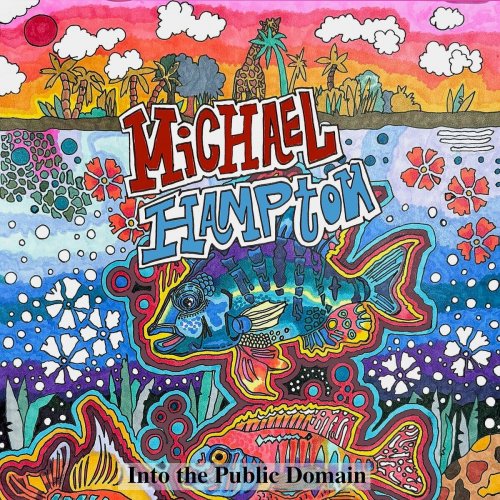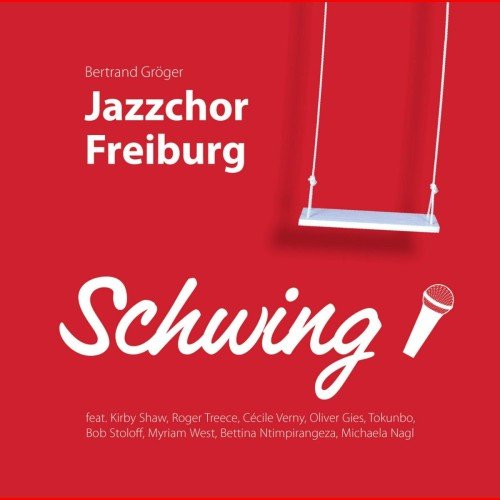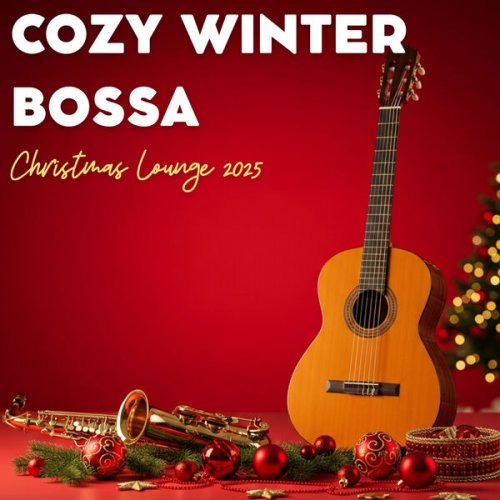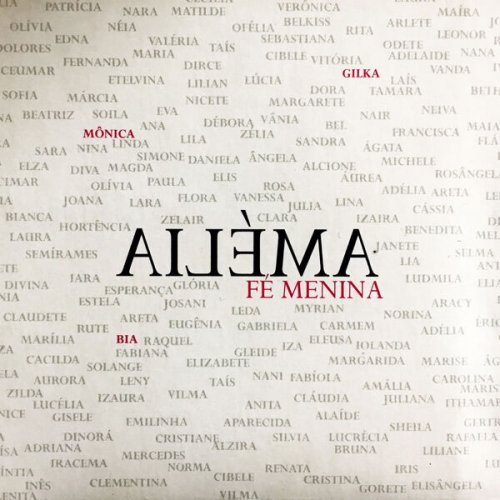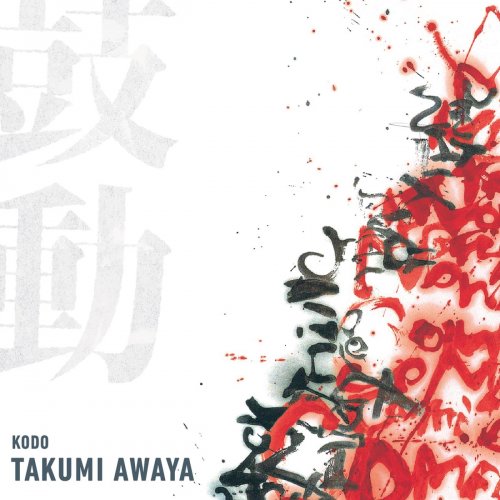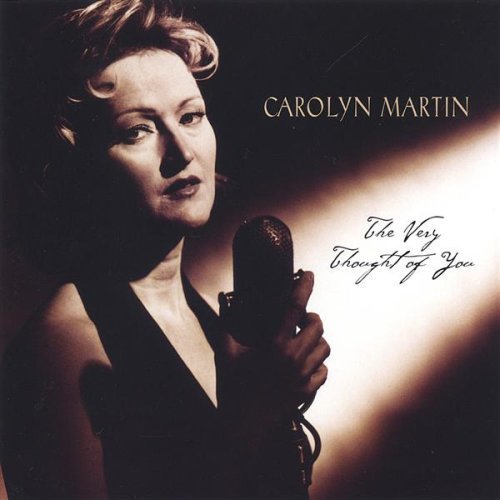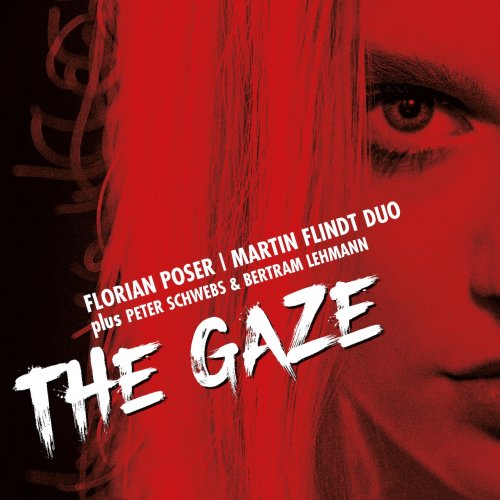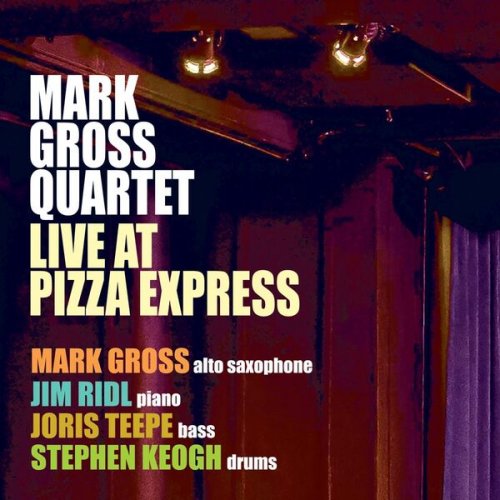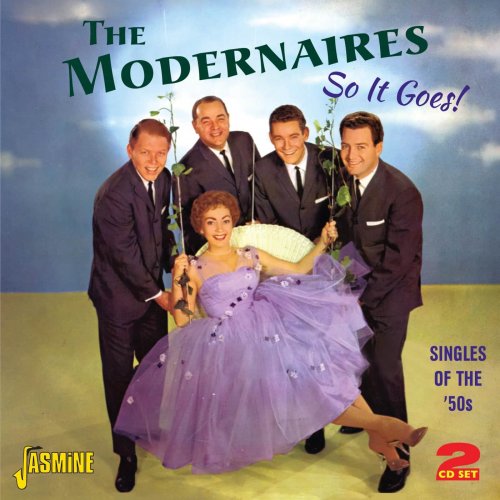Raymond Leppard - Rameau & Campra: Suites (1992)
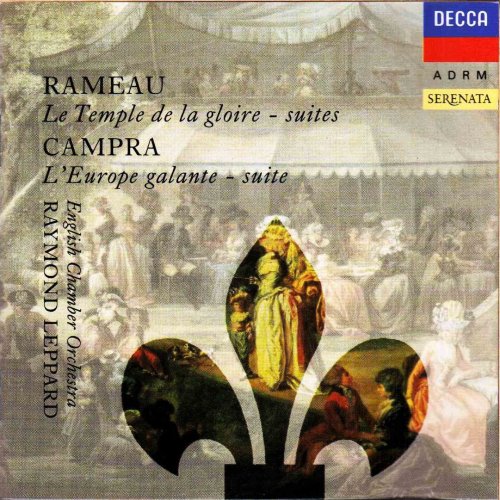
Artist: Raymond Leppard, English Chamber Orchestra
Title: Rameau: Le Temple de la Gloire - Suites & Campra: L'Europe Galante - Suite
Year Of Release: 1992
Label: Decca
Genre: Classical
Quality: FLAC (image + .cue, log, artwork)
Total Time: 01:01:18
Total Size: 295 MB
WebSite: Album Preview
Tracklist:Title: Rameau: Le Temple de la Gloire - Suites & Campra: L'Europe Galante - Suite
Year Of Release: 1992
Label: Decca
Genre: Classical
Quality: FLAC (image + .cue, log, artwork)
Total Time: 01:01:18
Total Size: 295 MB
WebSite: Album Preview
Jean-Philippe Rameau
Le temple de la Gloire Suite No. 2
1. I. Overture 00:05:49
2. II. Menuet – Musette 00:02:45
3. III. Air tendre 00:05:24
4. IV. Chaconne et Suite de la Chaconne 00:06:10
André Campra
L'Europe galante Suite
5. I. Marche des masques galantes 00:01:35
6. II. Air 00:00:54
7. III. La forlana 00:01:29
8. IV. Menuet 00:01:18
9. V. Premier air pour les Espagnols 00:01:12
10. VI. Sarabande 00:01:57
11. VII. Loure 00:03:01
12. VIII. Rigaudon I-II 00:02:17
13. IX. Passepied I-II 00:01:59
14. X. Air (Gavotte en Rondeau) 00:00:51
15. XI. Prelude 00:02:24
16. XII. Air en Rondeau 00:01:21
Raymond John Leppard, one of the foremost British conductors of the twentieth century, has also been a film score composer and a leading scholar and conductor in the movement to restore older music to the stage in performances of authentic style.
Although he was born in London, he was raised in the resort town of Bath. He graduated from Trinity College, Cambridge, in 1952. There, his teachers were Hubert Middleton and Boris Ord. While at Cambridge, he studied harpsichord and viola, was a choral conductor, and became music director of the Cambridge Philharmonic Society. His professional debut was in 1952 in London's Wigmore Hall, as a conductor.
He specialized in music of the seventeenth and eighteenth centuries, often conducting from the harpsichord as he provided inventive, even witty realizations of the harpsichord continuo parts. He also conducted in British opera houses, still socializing in Baroque and Classical era music. In 1957, he became a lecturing fellow at Trinity, remaining in that position until 1967. In 1959, he debuted at Covent Garden in a production of Handel's Samson, marking the bicentenary of that opera. He first appeared at the Glyndebourne Festival in 1962 and at Sadler's Wells in 1965.
During all this time, he had formed an association with the Goldsborough Orchestra, which later became the English Chamber Orchestra. Many of his early concert recordings and appearances were with the E.C.O. In the meantime, he embarked on two major fields of endeavor outside performing and teaching: film score composition and editing of Baroque operas. He wrote a large number of film scores, including the classic Lord of the Flies (1963). His last score was Hotel New Hampshire (1985). He edited operas of Monteverdi and Cavalli and his first such edition was a realization of Monteverdi's L'incoronazione di Poppea, which he conducted at Glyndebourne in 1962. His editions of these operas and his conducting them brought them back to the public often for the first time in 300 years and was a tremendous boost to the movement to bring back Baroque opera and other music of composers of the century before Bach.
However, Leppard is not a part of what is called the "authentic" or "period" instrument movement, working with the instruments that can be found in the world's opera orchestras of today. The period instrument adherents find points to criticize in his willingness to transpose vocal parts particularly of leading male roles from alto singers to male voice range, his restructuring of the libretti to more modern dramatic tastes, and the general richness of the orchestration. He answers these criticisms in his book Authenticity in Music. As many of his editions are published, they remain the basis for many modern productions of such works as Monteverdi's Orfeo and Il ritorno d'Ulisse in patria and Cavalli's L'Ormindo, La Calista, and L'Orione. The Italian government has honored him with the title of Commendatore for his services in bringing early Italian music back to the repertory.
Meanwhile, he expanded is activities into the standard repertory. He was principal conductor of the BBC Northern Symphony Orchestra (now the BBC Philharmonic) (1973-1980). His American debut was in 1969 with the Westminster Choir and the New York Philharmonic in a concert during which he played and conducted the Haydn D major harpsichord concerto. His theatrical debut in the U.S. was at the Santa Fe Opera in 1974, leading L'Egisto. He also conducted a memorable revival of Virgil Thomson's The Mother of Us All at Santa Fe and debuted at the Metropolitan Opera in 1978 leading Britten's Billy Budd.
He settled in the United States in 1976 and became principal guest conductor of the Saint Louis Symphony Orchestra (1984-1990). His major orchestral appointment was as music director of the Indianapolis Symphony Orchestra (1987), where he stepped down at the expiration of his latest contract in the early 2000s. His avowed purpose was to keep this 87-piece, full-time orchestra the same size (which he considers ideal for Classical repertory and that part of the Romantic and twentieth century repertory that adheres to neo-Classical symphonic tradition) and make it the best "Classical orchestra" in the world.
He has made more than 170 recordings in Britain and the U.S. on many major and independent labels, including EMI, London, Lyrita, and Koss Classics, and has won virtually every international recording prize. In Indianapolis, he has created a warm, elegant sound to add to his recognized virtues of clarity of line, lightness of rhythmic touch, and superb phrasing. -- Joseph Stevenson
Although he was born in London, he was raised in the resort town of Bath. He graduated from Trinity College, Cambridge, in 1952. There, his teachers were Hubert Middleton and Boris Ord. While at Cambridge, he studied harpsichord and viola, was a choral conductor, and became music director of the Cambridge Philharmonic Society. His professional debut was in 1952 in London's Wigmore Hall, as a conductor.
He specialized in music of the seventeenth and eighteenth centuries, often conducting from the harpsichord as he provided inventive, even witty realizations of the harpsichord continuo parts. He also conducted in British opera houses, still socializing in Baroque and Classical era music. In 1957, he became a lecturing fellow at Trinity, remaining in that position until 1967. In 1959, he debuted at Covent Garden in a production of Handel's Samson, marking the bicentenary of that opera. He first appeared at the Glyndebourne Festival in 1962 and at Sadler's Wells in 1965.
During all this time, he had formed an association with the Goldsborough Orchestra, which later became the English Chamber Orchestra. Many of his early concert recordings and appearances were with the E.C.O. In the meantime, he embarked on two major fields of endeavor outside performing and teaching: film score composition and editing of Baroque operas. He wrote a large number of film scores, including the classic Lord of the Flies (1963). His last score was Hotel New Hampshire (1985). He edited operas of Monteverdi and Cavalli and his first such edition was a realization of Monteverdi's L'incoronazione di Poppea, which he conducted at Glyndebourne in 1962. His editions of these operas and his conducting them brought them back to the public often for the first time in 300 years and was a tremendous boost to the movement to bring back Baroque opera and other music of composers of the century before Bach.
However, Leppard is not a part of what is called the "authentic" or "period" instrument movement, working with the instruments that can be found in the world's opera orchestras of today. The period instrument adherents find points to criticize in his willingness to transpose vocal parts particularly of leading male roles from alto singers to male voice range, his restructuring of the libretti to more modern dramatic tastes, and the general richness of the orchestration. He answers these criticisms in his book Authenticity in Music. As many of his editions are published, they remain the basis for many modern productions of such works as Monteverdi's Orfeo and Il ritorno d'Ulisse in patria and Cavalli's L'Ormindo, La Calista, and L'Orione. The Italian government has honored him with the title of Commendatore for his services in bringing early Italian music back to the repertory.
Meanwhile, he expanded is activities into the standard repertory. He was principal conductor of the BBC Northern Symphony Orchestra (now the BBC Philharmonic) (1973-1980). His American debut was in 1969 with the Westminster Choir and the New York Philharmonic in a concert during which he played and conducted the Haydn D major harpsichord concerto. His theatrical debut in the U.S. was at the Santa Fe Opera in 1974, leading L'Egisto. He also conducted a memorable revival of Virgil Thomson's The Mother of Us All at Santa Fe and debuted at the Metropolitan Opera in 1978 leading Britten's Billy Budd.
He settled in the United States in 1976 and became principal guest conductor of the Saint Louis Symphony Orchestra (1984-1990). His major orchestral appointment was as music director of the Indianapolis Symphony Orchestra (1987), where he stepped down at the expiration of his latest contract in the early 2000s. His avowed purpose was to keep this 87-piece, full-time orchestra the same size (which he considers ideal for Classical repertory and that part of the Romantic and twentieth century repertory that adheres to neo-Classical symphonic tradition) and make it the best "Classical orchestra" in the world.
He has made more than 170 recordings in Britain and the U.S. on many major and independent labels, including EMI, London, Lyrita, and Koss Classics, and has won virtually every international recording prize. In Indianapolis, he has created a warm, elegant sound to add to his recognized virtues of clarity of line, lightness of rhythmic touch, and superb phrasing. -- Joseph Stevenson
